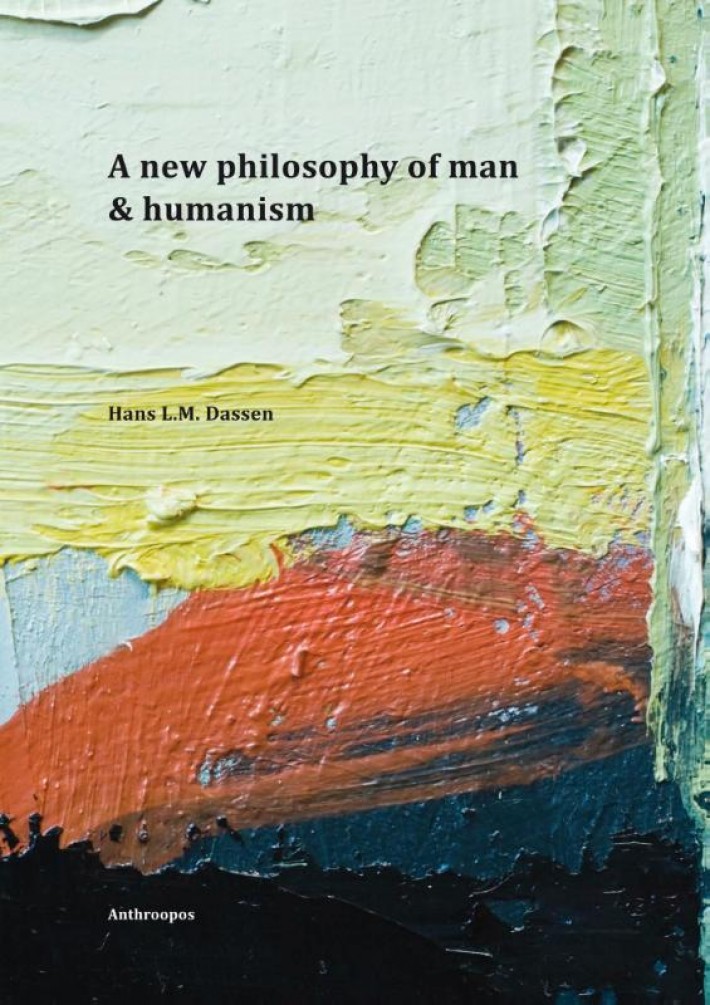Personen
Hans L.M. Dassen
Carol Stennes
NUR Codes (sub)
730 Filosofie algemeen
De andere drie-en-twintig uur
Haptonomie
Moeder aarde, vader hemel
Filosofische praktijk

On 10 December 2006, Pakhuis De Zwijger in Amsterdam organised a forum discussion on consciousness and free will. According to the English psychologist and panellist Susan Blackmore, there is only experience – the rest is not important. In the past few years, neuroscientists Victor Lamme and Dick Swaab have fuelled this debate. In recent publications both have further decried the idea that there is such a thing as free will. A new philosophy of man shows that questions about consciousness and free will are borrowed from the old philosophy, with its focus on ultimate knowledge and the absolute beginning. But we cannot find any answers to these questions if we leave human beings out of the equation. The theoretical basis for the new philosophy was laid by the American philosopher James Joseph Dagenais (1923-1981), who came to the conclusion that the universe is “primordially … a world of and for persons”, and that a philosophy of man can only come about as a joint undertaking of all sciences, in which the object of study must be man himself. He demonstrates that ‘I think, therefore I am’ should be replaced by ‘we are’, and calls it “nonsense” to ask whether free will exists, or whether we are determined. Dutch humanist Jaap van Praag (1911-1981) and Dutch philosopher Reinout Bakker (1920-1987) elaborated on the findings of Dagenais, Van Praag for humanism and Bakker for the philosophy of man or philosophical anthropology. Taking this one step further, the new philosophy of man can serve as the basis for a humanist ideology.